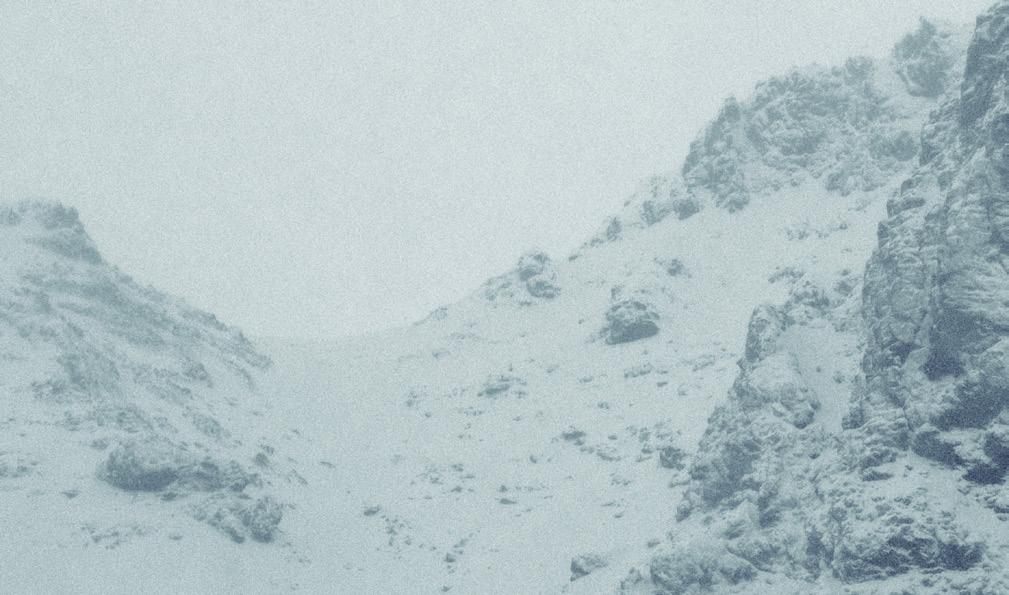PARADOX



Group exhibition - Copenhagen Photo Festival 2024
12 photojournalism students from the Danish School of Media and Journalism (DMJX) exhibit documentary stories that reflect the theme paradox in Denmark and around the World. On the following pages are excerpts from the exhibition at Copenhagen Photo Festival 2024. Eight of the 12 students are in the 4th semester of their Danish BA-education, while four are international students from Egypt, Sudan, Australia and Turkey, who present their final projects. The students have produced the stories during their study at DMJX in the spring 2024.
All stories are made within the framework of documentary photography – all characters and their stories are real. The reportage photographs have been shot as the photographers experienced the situations, and no moments have been staged. No photographs have been produced using AI, nor have they been digitally manipulated. This means that nothing has been added or removed from the photographs.
The photojournalism programme at DMJX is Denmark’s only education that focuses on documentary photography. The students work with different topics and use a wide variety of visual expressions in their storytelling. Common to all projects from the photojournalism programme is that thev students use still photography and video to document the World we live in. Visual language is our primary method of influencing and touching the recipients.
The photojournalism programme is a 3.5-year professional bachelor’s degree, where 12 students are admitted each year. In addition, we have two international programmes of five months’ duration, where we admit up to ten students from all over the world. The Danish photojournalism programme is internationally recognised as one of the leading in the world.
Read more at photo.dmjx.dk
Under the Thumb
Trust in Humanity
Early Adulthood
The Green Dilemma
The Hidden Elite
Will I see you?
In the Water Lies a Stone They Call Urk
Lonely and Beautiful
The Water Occupation

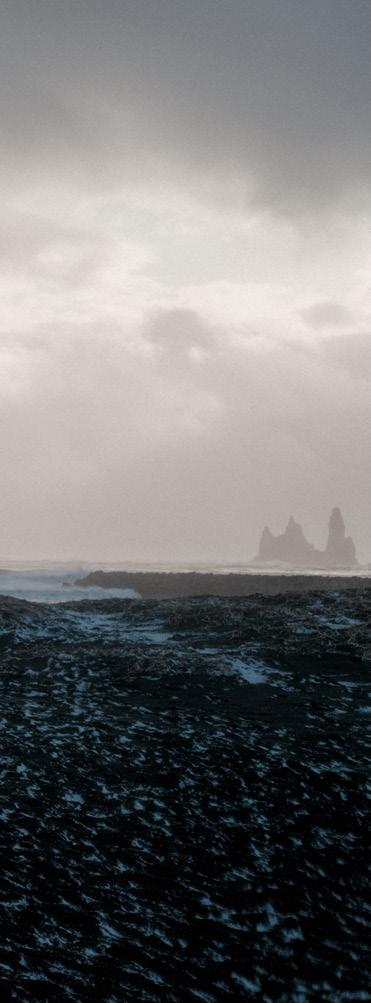
In 2010 Iceland experienced a volcanic outbreak, which covered the entire country in ash, and put a hold on flight traffic in Europe. Tickets to Iceland were in high demand as soon as the airplanes could took take off again. The southernmost town Vík, became one of the more attractive places to visit, and thus began the town’s transition. With an increasing number of tourists, more hands were needed for all the work. Workers from Europe sought towards Vík.
It all starts with a limited seasonal job with a high pay and healthy working conditions. The season becomes years, and for some and entire life in Vík. Ten years ago, the town had a population of 291 villagers. Today the number is about 1.000, and more are expected. Welcome to Iceland’s “Golden Cage”.

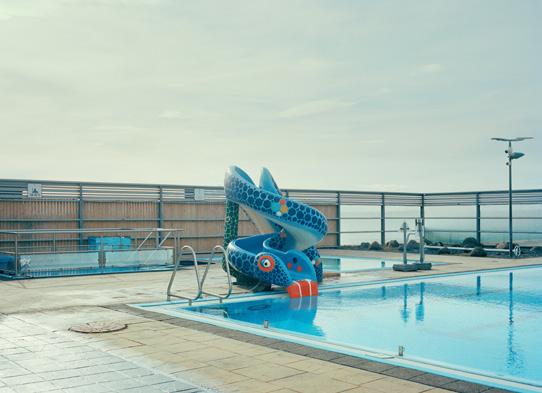
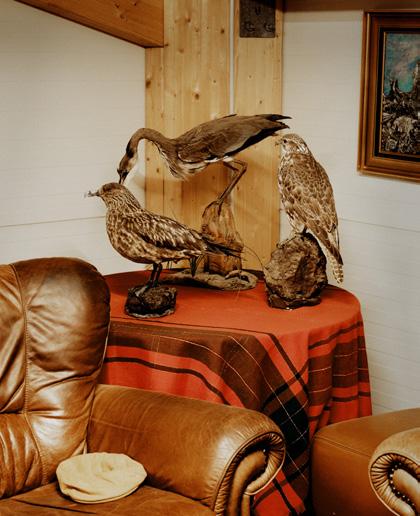

In the dry lands of Laikipia County, in Kenya, lies a boarding school that provides scholarships and life-changing education for Kenyan girls, who otherwise would not have the opportunity to attend secondary school. The school is called Daraja, which translated from Kiswahili means The Bridge.
In Kenya, school enrollment levels are usually evenly split between girls and boys in the early years of primary school, but by the time the children reach Grade 5, most of the girls drop out. In most cases it is a lack of resources that forces girls to stay at home to tend to do-
by Sarah Argemestic duties or work to help provide for their families.
It is not uncommon that these scenarios are followed by early marriages and pregnancies. All aspects that force young Kenyan girls to give up the dream of education and a better life – not only for themselves, but also for their families and their communities.
However, when Kenyan girls gain access to education and the opportunities that follow, there are several positive outcomes – most substantially, it is the fastest way out of poverty and oppression.

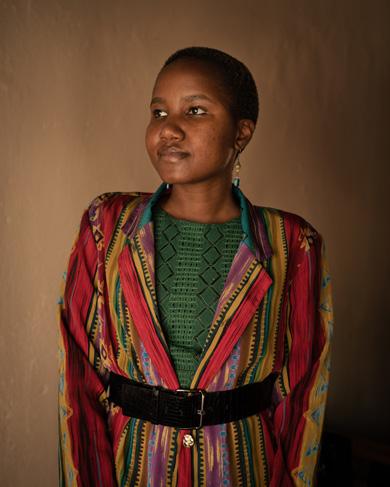


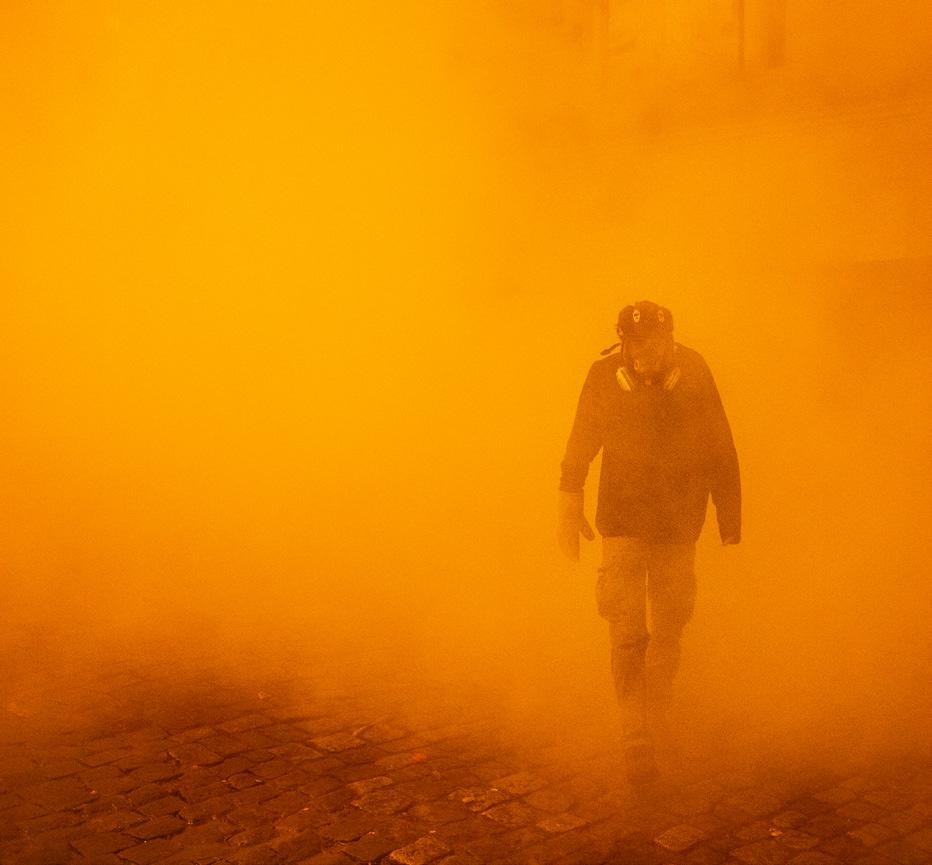

Tbilisi’s Rustaveli Avenue is no stranger to protests, and as the ruling Georgian Dream party reintroduces its ‘Foreign Agents’ bill, the capital’s streets are swarming with masses of angry citizens.
Protests reached their zenith during the second plenary session as it became obvious that the government was willing to intimidate, obstruct and decimate any opposition. Despite this, citizens would not back down, successfully blockading the side entrance of parliament whilst being met with a torrent of water cannons and tear-gas, ripping down scaffolding and commandeering dumpsters to use as shields.
The government maintained its stance, despite urges by the European Union to withdraw the bill and “uphold their commitment to the EU path”. Ultimately, the bill passed successfully through the final round on the 14th of May as protests raged outside the parliament.
The Russian-styled legalisation requires NGO’s and independent media that receive more than twenty-percent of their funding to join a government registry declaring they are influenced by “interests of a foreign power”. The law scuttles any progress made towards Georgia’s hopes of becoming an EU member-state.
Opposition MP and former ambassador to the EU, Salome Samadashvili put it simply: “It kills Georgia’s European future.”

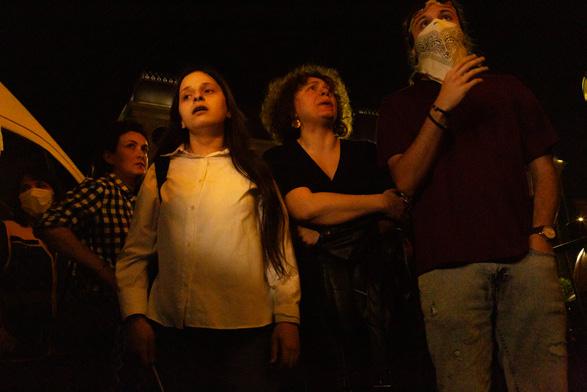


• Kæmpe udvalg i professionelt foto- og videoudstyr
• Butik og showroom i København, Aarhus og Stockholm
• Rådgivning og finansiering
• Udlejning
• Eget værksted
• Masser af events om foto og video
• Gratis kaffe ;-)





Læs mere om Sony cashback hos Goecker
Scan QR koden og læs mere om hvordan du kan spare op til kr. 4.500,inkl. moms. Du kan også besøge en vores butikker i København, Aarhus eller Stockholm, hvor du kan se og prøve det store Sony udvalg.
Tlf. 3582 1100 | info@goecker.dk København: Svanevej 24 | 2400 København - Aarhus: Sindalsvej 30 | 8240 Risskov Stockholm: Ljusterögatan 12 | 116 42 Stockholm
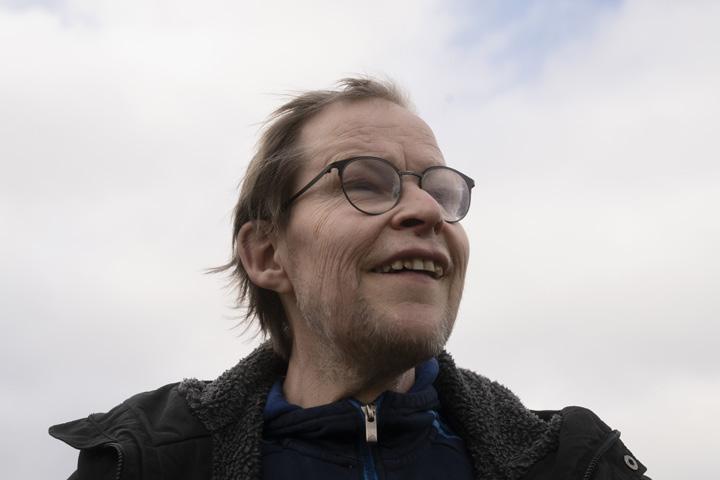

In the Hertha community, located just outside Aarhus, 27 developmentally disabled individuals live and work among “ordinary” people who have chosen to live side by side with them in a mutually rewarding neighborhood. This independent living facility is based on a special view of humanity, which believes in the healthiness in all people. The trust, care, and structured daily routine that the developmentally disabled are surrounded by support them in unfolding their lives.
Every day, the residents of the facility go to work in Hertha, where there is a garden, a farm, a kitchen, a dairy, a laundry, and a bakery. In the kitchen, they prepare the food they themselves will eat, and in the laundry, they wash each other’s clothes. They receive a small symbolic wage for their work, which is spent on Friday candy at the local store. None of them think about the wage, as the work itself holds great value for them.





Mollie had just turned 19 when she gave birth to her daughter, Bea. Mollie had always dreamed of being a young mother, but it wasn’t Jesper’s dream to have a child so early.
‘Early Adulthood’ follows 19-year-old Mollie and 22-yearold Jesper in their daily lives as young parents. They live in Ballerup with their daughter, Bea. She is 10 months old. Mollie and Jesper have their own place, where they lived for a short period, before they moved back to Mollies parents’ house. They like it better here. It’s easier, and Mollie’s family is helping a lot with looking after Bea.
Mollie and Jesper have been a couple for a little over two years. Mollie is on maternity leave from her education at FGU, and Jesper plays paddle at an elite level.
Mollie and Jesper’s daily life is different from many other people at their age. Their days are filled with mother-group meetings, baby swimming, and diaper changing. The responsibility for Bea has brought Mollie and Jesper into adulthood early, before education, jobs, and career dreams.
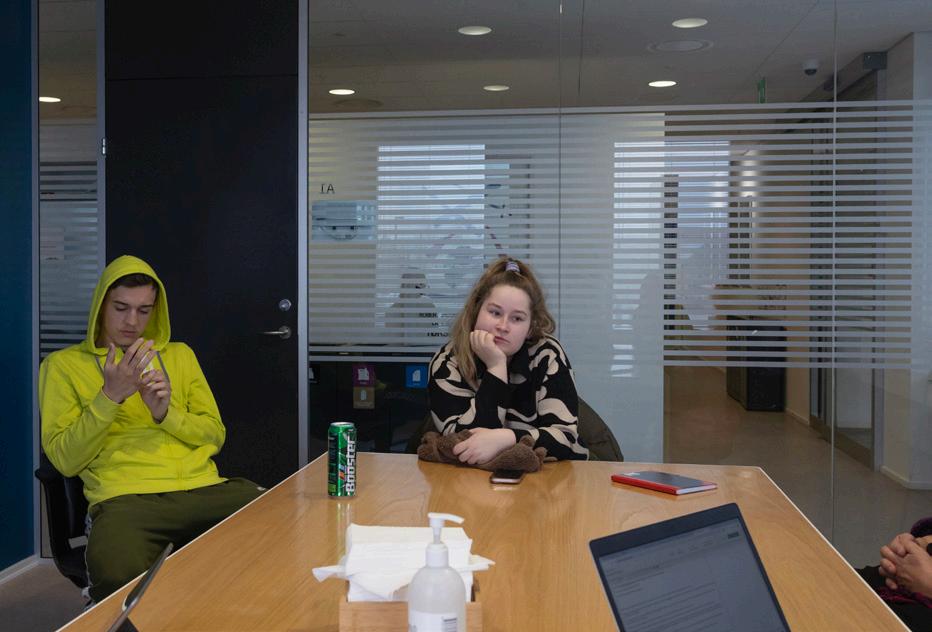
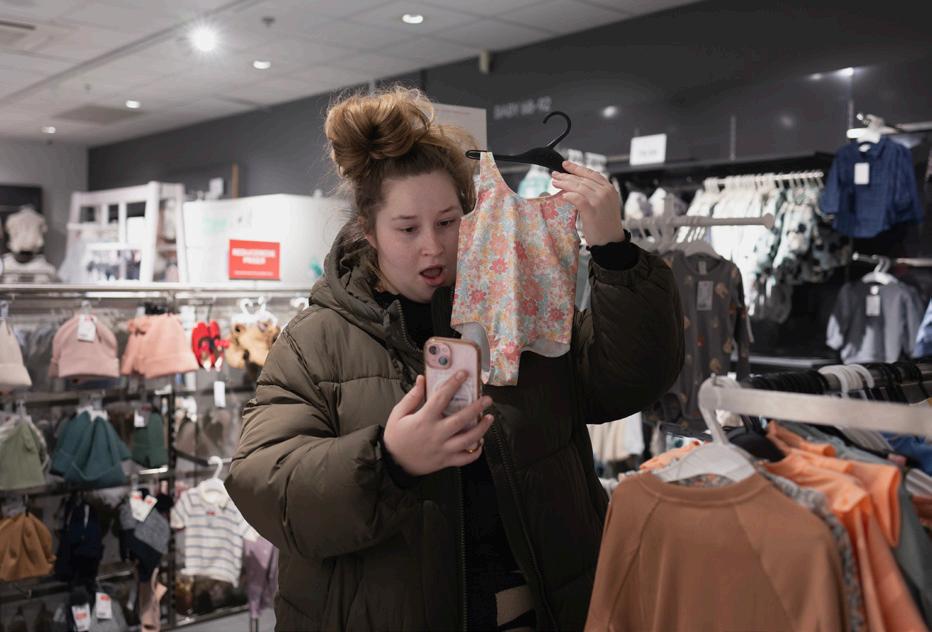

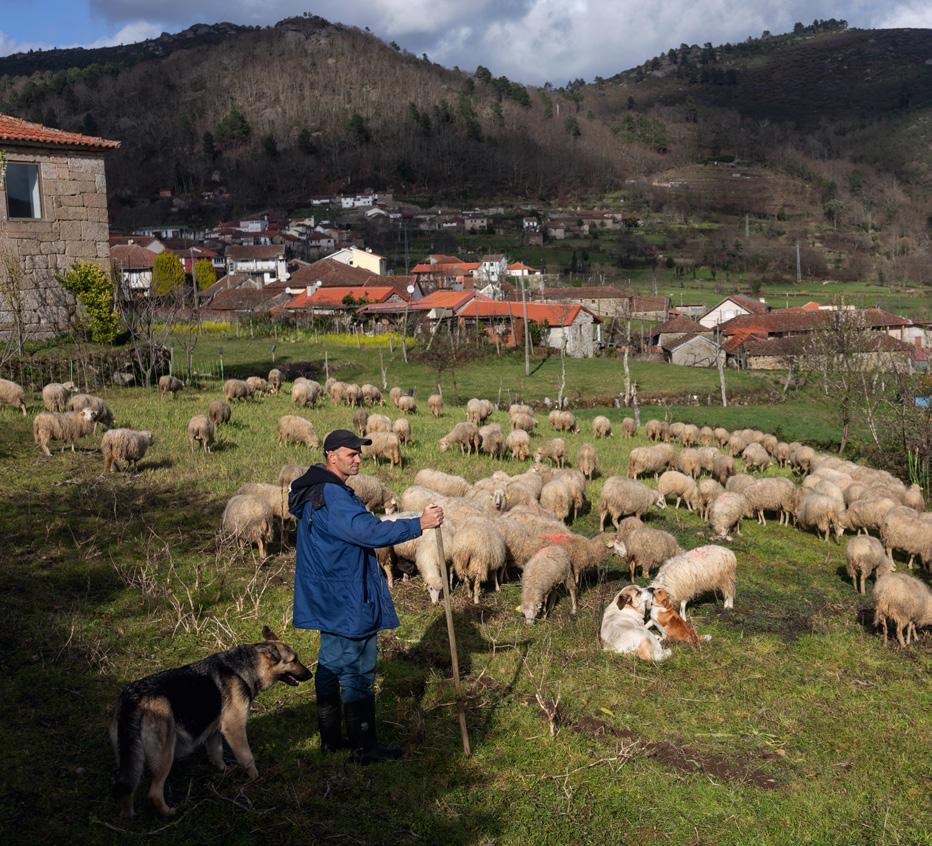
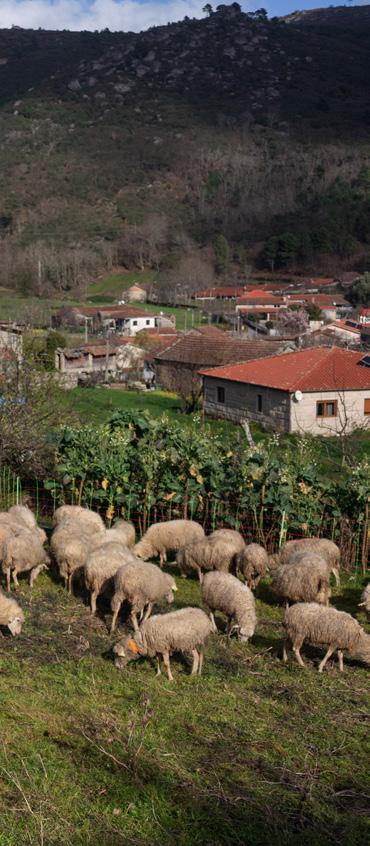
In Portugal’s northern region, lies a small village, nestled in a valley. Since the Iron Age, the locals have lived closely intertwined with the region’s natural resources. But the lush landscape holds more than just nature’s wealth. Hidden beneath the mountains, lies one of Europe’s largest lithium deposits.
As the climate crisis worsens, the demand for lithium escalates. The Portuguese government has given the green light to several lithium projects in the northern region. The British mining company Savannah has planned to open a mine just a few hundred meters from the small village of Covas do Barroso and its 150 inhabitants. Village residents protest the mining. They fear for potential water contamination, diminishing water reserves, and soil erosion—fundamental aspects of their livelihoods and agricultural heritage.
The deep connection to nature and traditional farming practices are passed down through generations and has earned the area recognition as a “globally important agricultural heritage system” by the Food and Agriculture Organization of the United Nations. If no resolution is reached, the Portuguese government may expropriate the agricultural land claimed by both villagers and the mining company.





When the flame is lit in Paris on 28 August 2024, it will mark the start of one of the world’s biggest sporting events. 4,400 athletes will gather for what for them is the culmination of years of intense training.
Although the perception of people with disabilities has changed in a positive direction in recent years, they still face limitations and prejudice when it comes to sport.
For three weeks, para-athletes from around the world will compete for medals. They will stand up against prejudice and be an inspiration to others. And they will show that it is
possible to play sports and live an active life despite disabilities.
For Karina Lauridsen, Leon Jørgensen, Martin Black Jørgensen and Martin Heggelund, the spring of 2024 has been all about final preparations, physical tests and qualifications for what could be one of the greatest moments in their sporting careers.

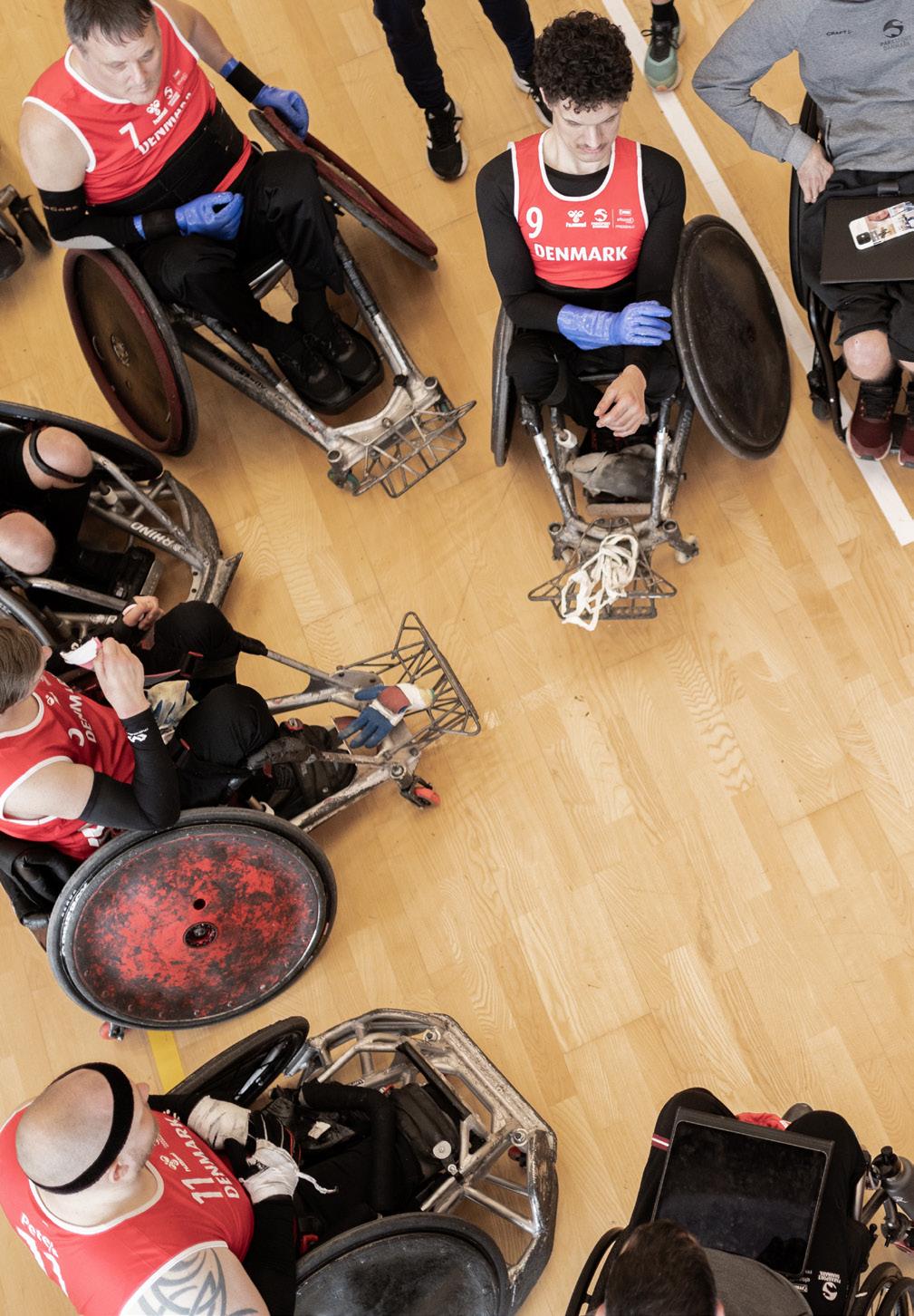
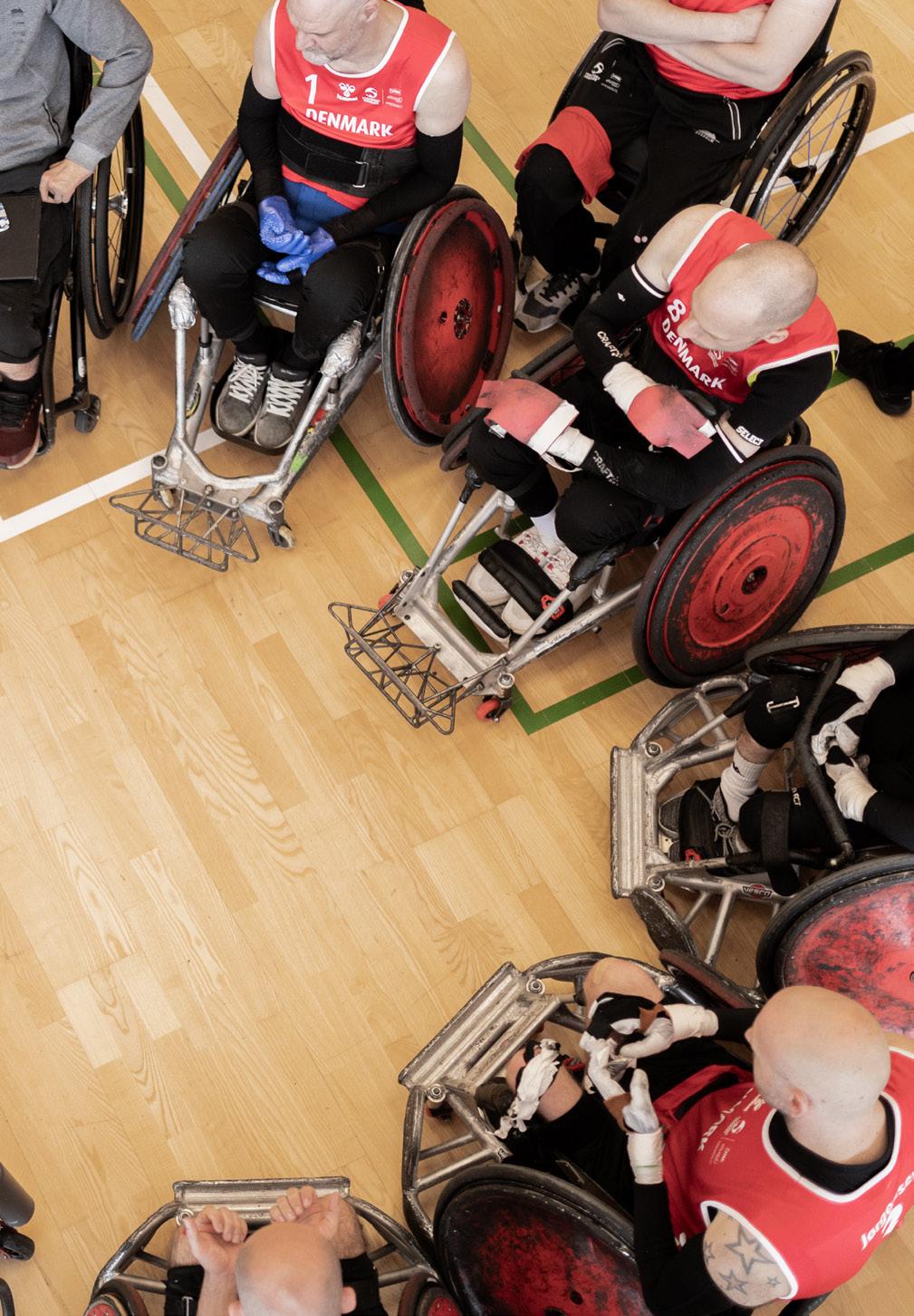
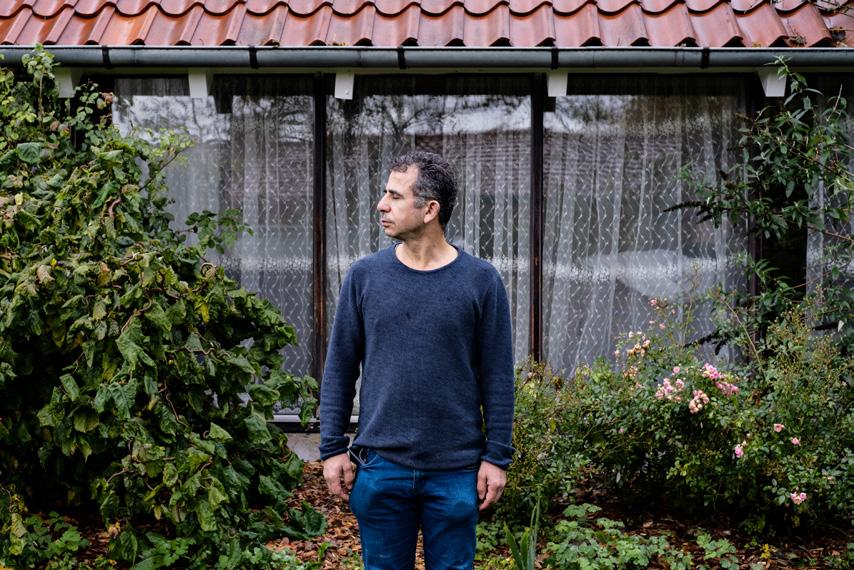

Many expatriate Palestinians don’t know their homeland. It only exists in photographs and in their imagination. Their grandparents were displaced from their homes and their country, and they were not allowed to go back. That was when Al-Nakba happened. Al-Nakba is an Arabic word meaning catastrophe. It refers to the Palestinian experience of dispossession and loss of their homeland in 1948.
Families were scattered in different countries; however, they still hold on to their heritage, passing down traditions and memories that connect them to their roots. Despite the challenges they face, there is a sense of hope that one day they will be able to fulfil their dream of returning to their country, to the figs, the olives and the scent of thyme.
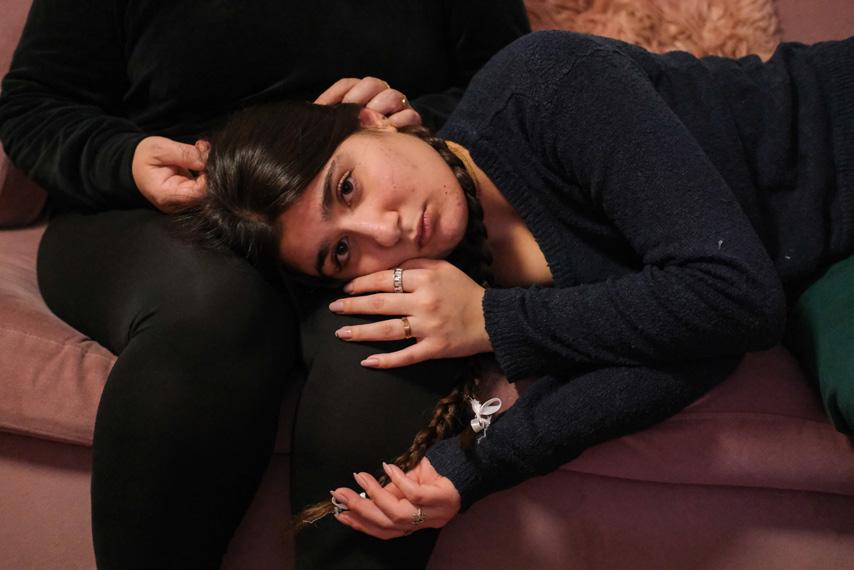
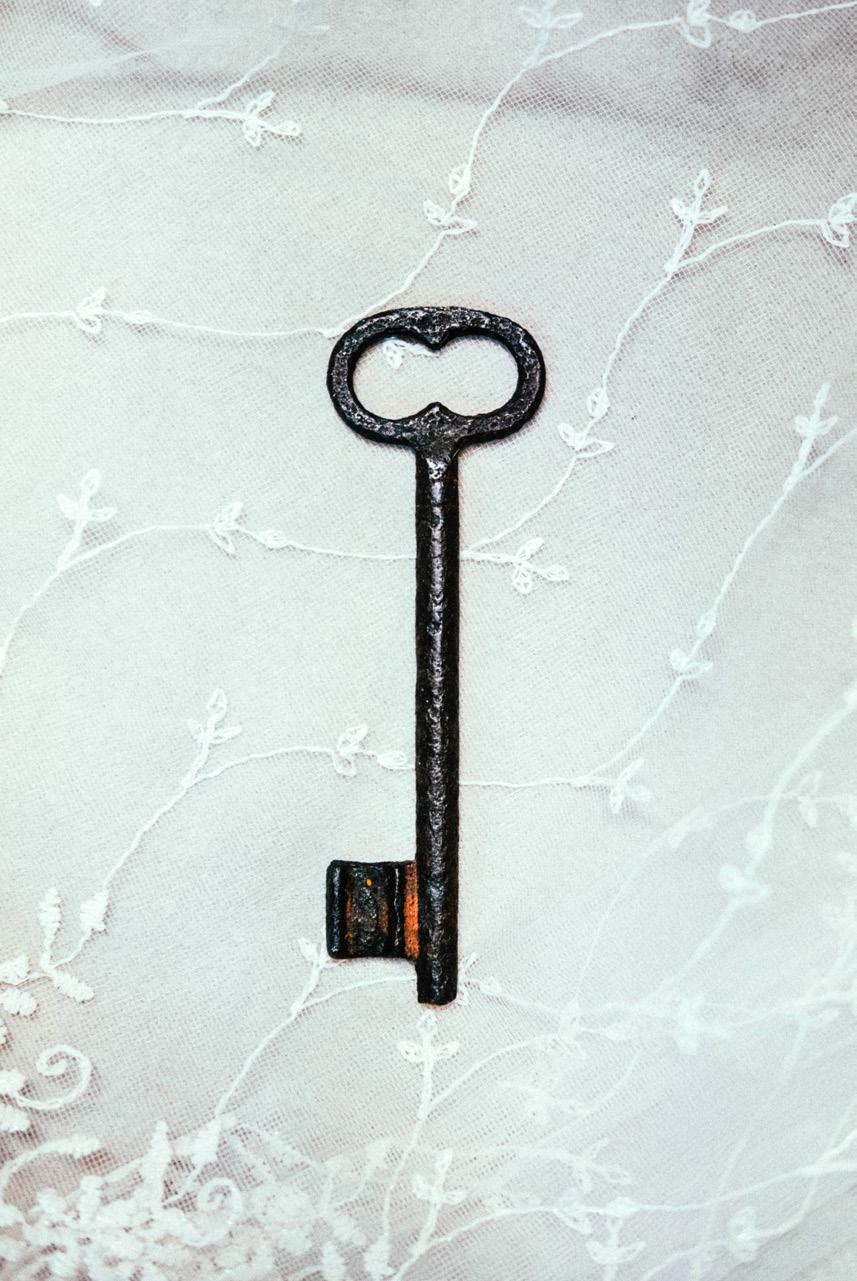


The fishermen of Urk face an existential challenge as their traditional way of life is besieged on multiple fronts. Increasingly stringent EU regulations aimed at conservation and sustainability impose new restrictions on their practices. The emergence of offshore wind farms exacerbates their situation, occupying prime fishing grounds and forcing them to travel further, using more fuel to secure their catch. These wind farms, heralded as a step toward a greener future, are seen by Urk’s fishermen as intrusive adversaries, disrupting habitats and making their traditional fishing routes untenable.
In a bid to downsize the fleet, the Dutch government earmarked 1.2 billion euros in 2023 for a vessel buyback initiative. Under this program, fishing vessels were decommissioned, and their associated fishing quotas were revoked. Furthermore, owners were barred from reinvesting the funds into the fishing sector. As a result, Urk witnessed a significant reduction in its beam trawler count, plummeting from 37 to a mere 14 by the end of 2023.
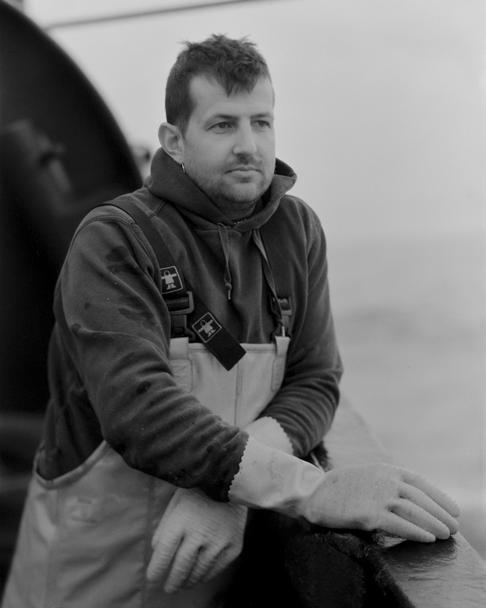

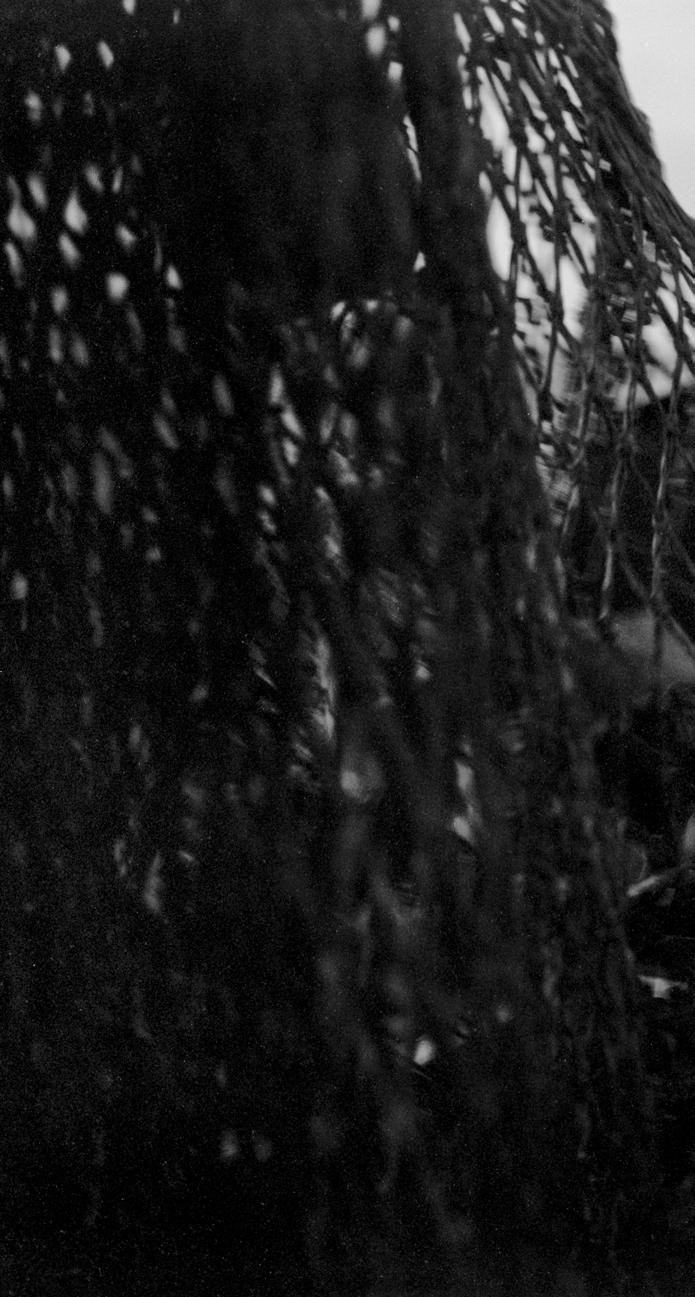

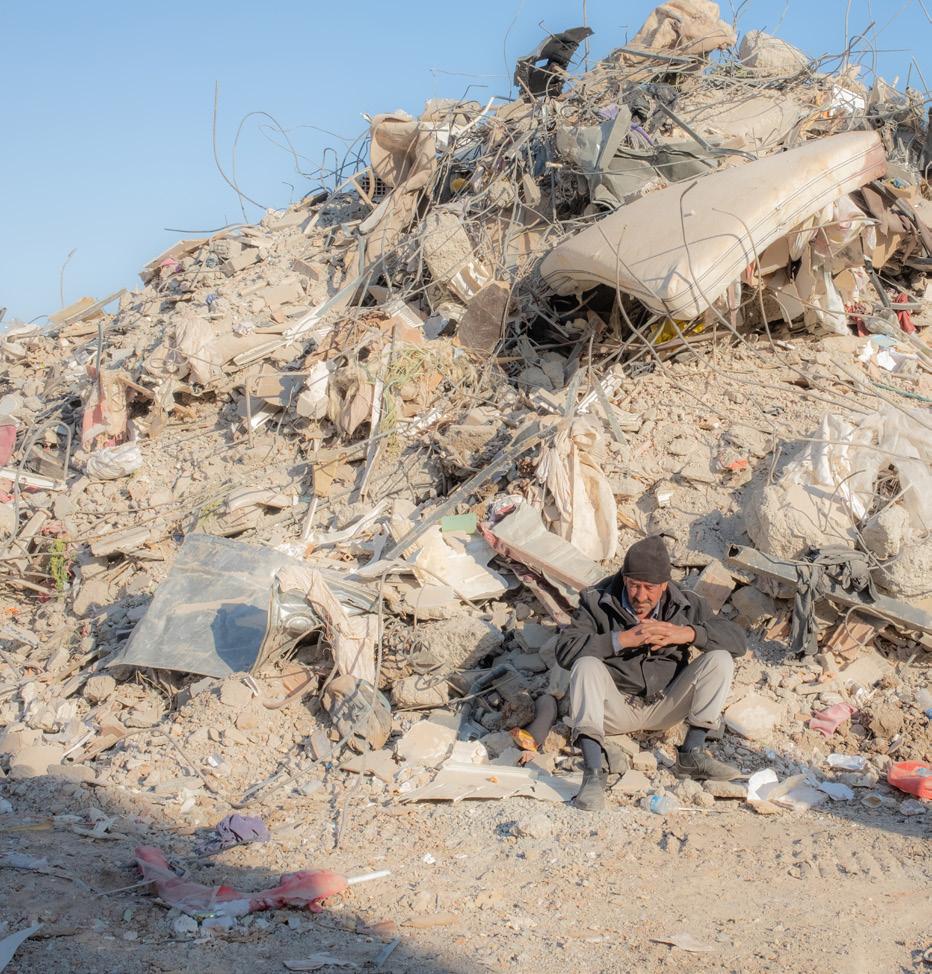

Imagine losing everything while sleeping one night; your family, your friends, your home, your city, and your future stolen from you.
On February 6, 2023, 04:05 a.m., the biggest earthquake disaster of the last century occurred in Turkey. Approximately 9 hours after the first 7.4 magnitude earthquake, the second earthquake of the same magnitude occurred. Thousands of buildings turned into clouds of dust. The disaster resulted in the deaths of more than 50,000 people while injuring a further 107,000. A total of nine million people have been affected.
One year on, the region’s economy and society remain shaken. The devastation has exposed deep societal scars, and the task of rebuilding is still immense. The survivors found themselves in a great struggle both materially and spiritually. The government pledged to rebuild 650,000 homes within a year – but progress has been slow. A mere 15 percent of these new homes have been built, and hundreds of thousands of people remain displaced. Today, more than 670,000 people are still living in small, temporary, metal container homes.
What remains of living in a city that has lost its people and history?
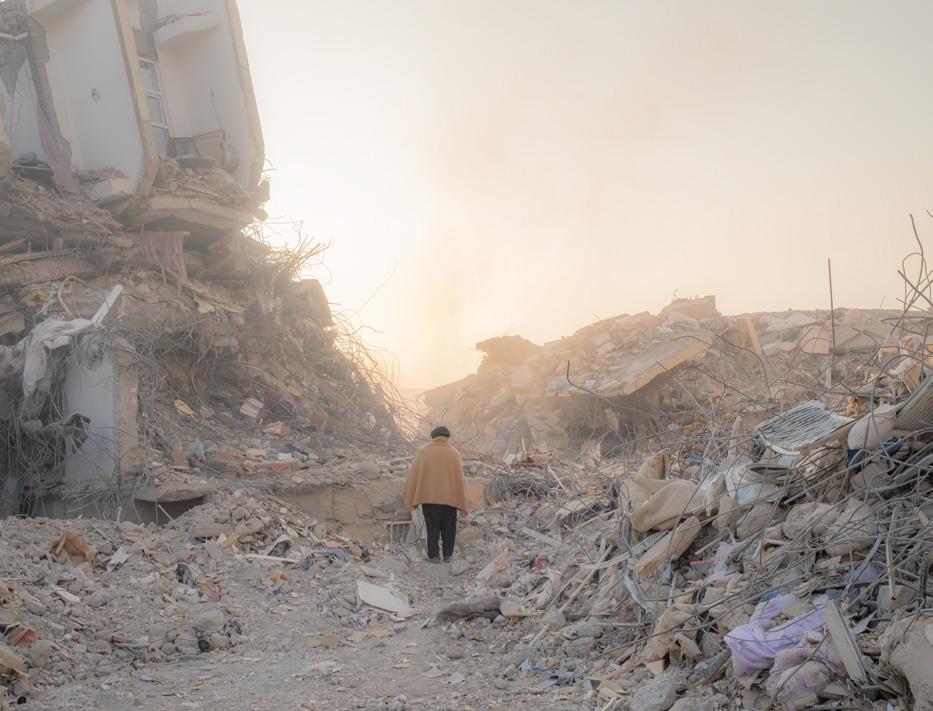

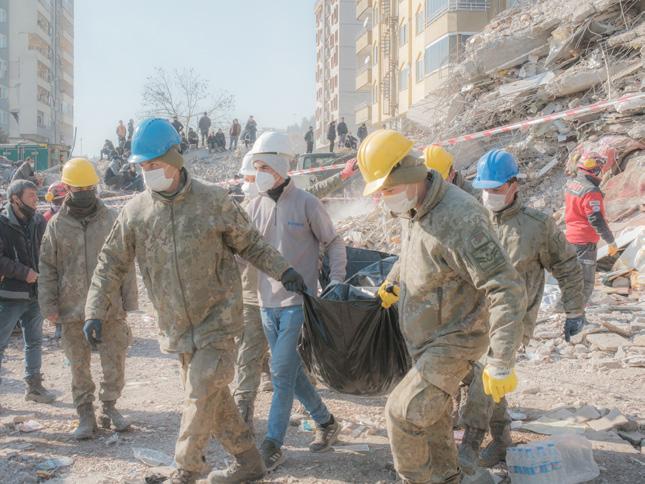

On a late February evening in Grünheide, a small town outside of Berlin, hammer sounds broke the silence in an otherwise quiet pine forest. Hidden by the darkness, 100 climate activists crept around, building their new homes in the trees. Many hands were needed, as it should not be possible to tear down the tree houses at sunrise. That night, the foundation for their action “Tesla Stoppen” (Stop Tesla) was laid, and they have been occupying the forest ever since. Why? Because it might be cut down by none other than Elon Musk. In 2022, Musk opened the doors to his so-called Tesla Giga-
factory Berlin-Brandenburg. Now he wants to expand the factory and double the production. Therefore, 100 hectares of forest bordering the factory must be cut down.
Unless someone puts a stop to it.
Climate activists protesting against electric cars. Sounds a bit contradictory, doesn’t it? Not if you ask the activists who call themselves a “water occupation”. For them, it’s not just about protecting the trees - but more importantly, the precious groundwater hidden beneath them.



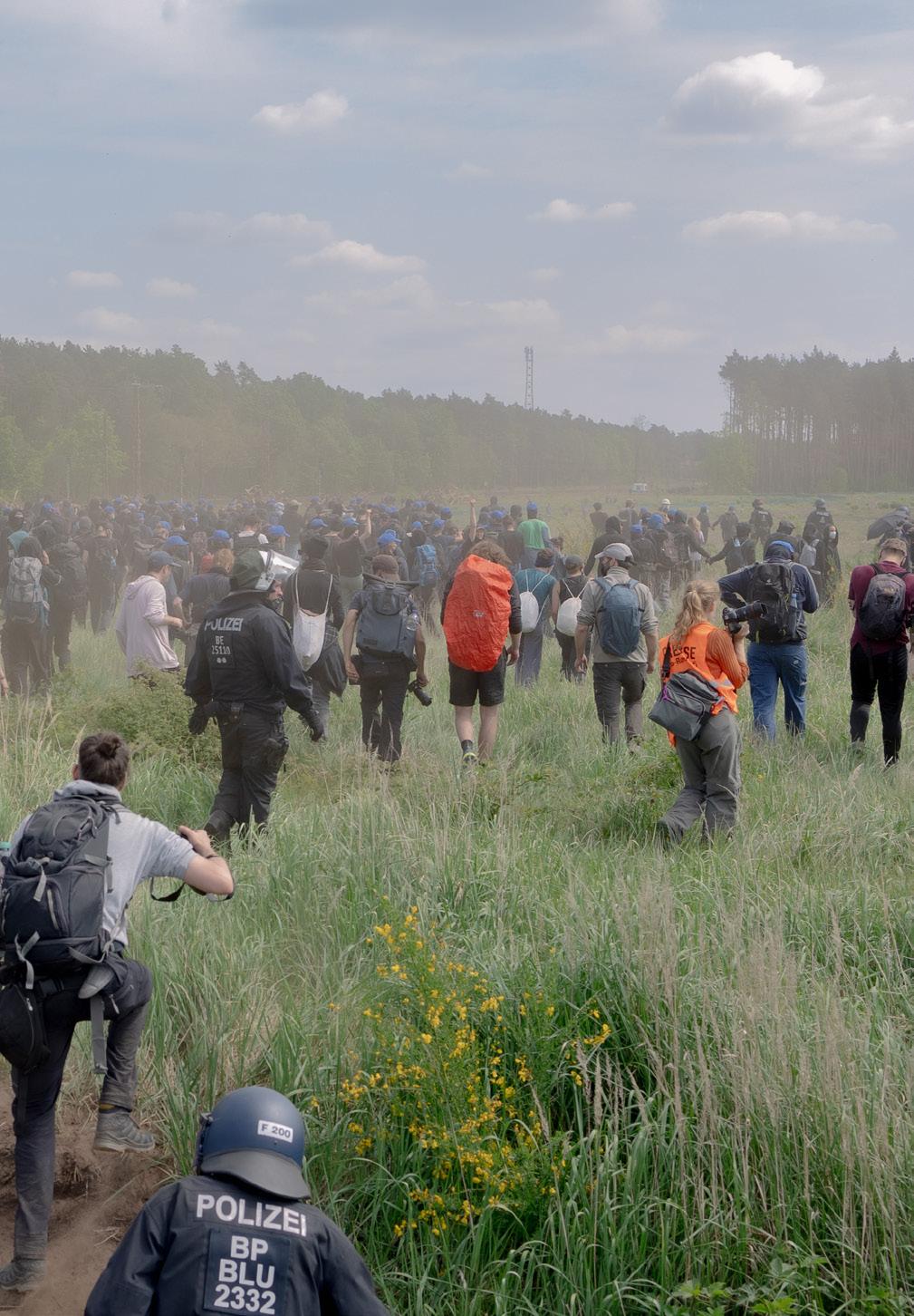

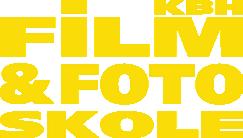
Published by DMJX Photojournalism
Cover photo by August Vinther Thomsen
Printed at Ecograf Gruppen v/ Lars Bai
Printed in Denmark 2024
Thanks to:
Copenhagen Photo Festival
Aarhus Stiftstidendes Fond
Sony
Goecker
KBH Film&Fotoskole
All Graphic A/S
Søren Pagter, Head of DMJX Photojournalism
Gitte Luk, Guest teacher DMJX
Lars Bai, Guest teacher DMJX
And to everyone who shared their story.






